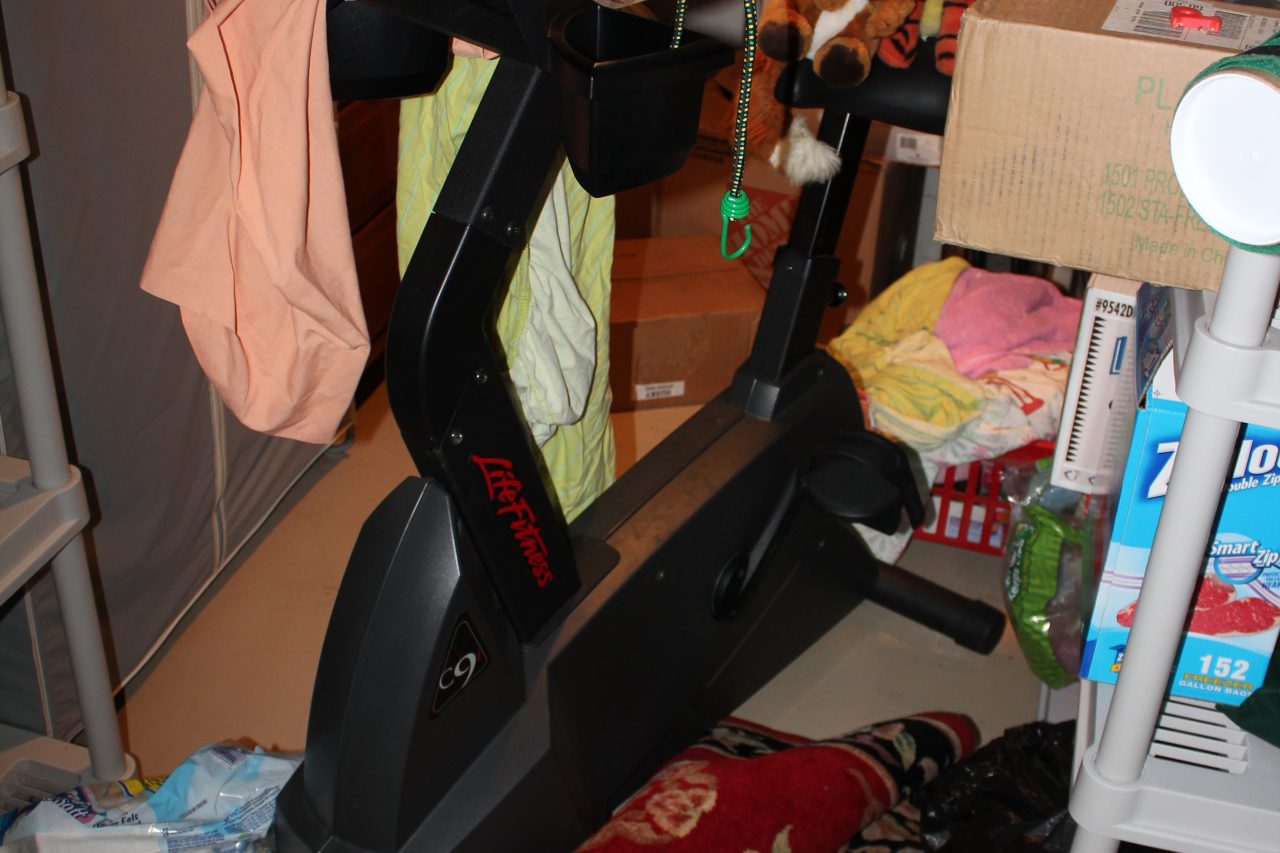I am not plagued by the anger against health insurance companies that obsesses many doctors. I understand this pain to be a result of the collision of a cash-driven model with a care-driven model and, frankly, I blame physicians for a lion share of the problem. If medical schools taught cost, efficiency and quality as primary health care goals, doctors might not rush wildly after each new technology, and the insurance industry would not need to rein them in. However, every now and then, insurance underwriters make a ridiculous, stupid, ignorant and dangerous decision and I feel reason slipping away.
Alice works as an accountant, is the single mother of two girls, twelve-year-old Kelly and eight-year-old Alicia, maintains a small vegetable garden and tries to get to the shore each summer. Alice is also a 47-year-old female patient, who is status-post kidney transplant. She is maintained on a cocktail of immunosuppressive drugs. I see her because of breast cancer, metastasized to bone, in partial remission on a hormone blocker. Alice’s pain is controlled with low doses of a time-release narcotic and an occasional dose of a “break-through” pain med. She was medically stable until approximately 3:30 pm on Tuesday August 7, 2012. That was when they kicked in the back door of her very modest home and stole everything of value.
Taken was TV, computer, costume jewelry, mother’s silverware, lamp, personal financial records, an album of pictures (? huh), a pile of mail, extra keys, several credit cards in a wallet and pillow covers for easy transport. Also emptied was the medicine cabinet. This included oxycodone, Oxycontin, tamoxifen, mycophenolate, and prednisone. Yes, they took it all, leaving Alice frightened, spiritually naked and in immediate medical trouble.
Fortunately, Alice has a neighborhood pharmacy with a complete list of her medicines and caring doctors who responded quickly. As soon as the police left her devastated home, she contacted both to get replenishments of her vital medicines. Scripts were written and called in. Bottles were filled with needed pills. As a final measure, Alice’s health insurance company was called in order to guarantee payment of this complex, expensive and vital cocktail of drugs. Big mistake.
According to detailed prescription records in the database of the health insurance plan, it was too early for Alice to refill her medications. They assured the pharmacy she had enough medication at her home and refills were not warranted. Yes, the same empty medicine cabinet that was cleaned out by the burglars who ransacked her home was apparently full of phantom drugs. Therefore, the insurance company refused to pay for even a short replenishment. The problem with phantom drugs is that they only work for phantom disease. The decision by the insurance company not to refill Alice’s medications left her in real medical trouble.
In the best of all worlds, Alice’s homeowners insurance would step up and immediately pay for these expensive drugs. However, as with many I suspect in this rocky economy, Alice has no home insurance. Therefore, in my naïve view of the world I would hope health insurance would help. They are after-all an insurance company and insurance is what we buy to assist in an emergency. Perhaps they maintained a crisis management desk or have in place a “my-house-has-been-robbed” protocol. I am certain that if Alice medical condition had collapsed because she failed to take her medicines that they would have paid for her subsequent hospitalization. I understand the need to control costs and limit abuse, but I remain baffled by the apparent concept of saving dollars over the body of Alice.
Despite the creation of new short term scripts (copies sent), letter of medical necessity (sent), innumerable calls from her pharmacy and police report (sent x 2) they denied prescription renewal and payment.
Alice has little extra cash and her immediate access to savings was limited as her accounts were frozen in response to the theft of personal financial material. Fortunately, Alice does have that most invaluable of resources, friends. Several of them put together more than $500 to buy her a limited supply of her medications so that her cancer would not grow, kidney fail, blood pressure drop and pain become incapacitating. Help lived in the house next store. Thank goodness for friends.
The most significant victim in the health care payment wars is mercy. As we lose flexibility and focus on cost, we risk compassion. Efficiency and caring are not mutually exclusive. If compassion is to be built into the systems we create, we must see people as the priority. Rather than health planning around the needs and culture of information systems, we must design around the changing needs of human beings. The ultimate health care system will focus on quality, efficiency and data, never losing sight of the goal … to take care of each other.







Comment